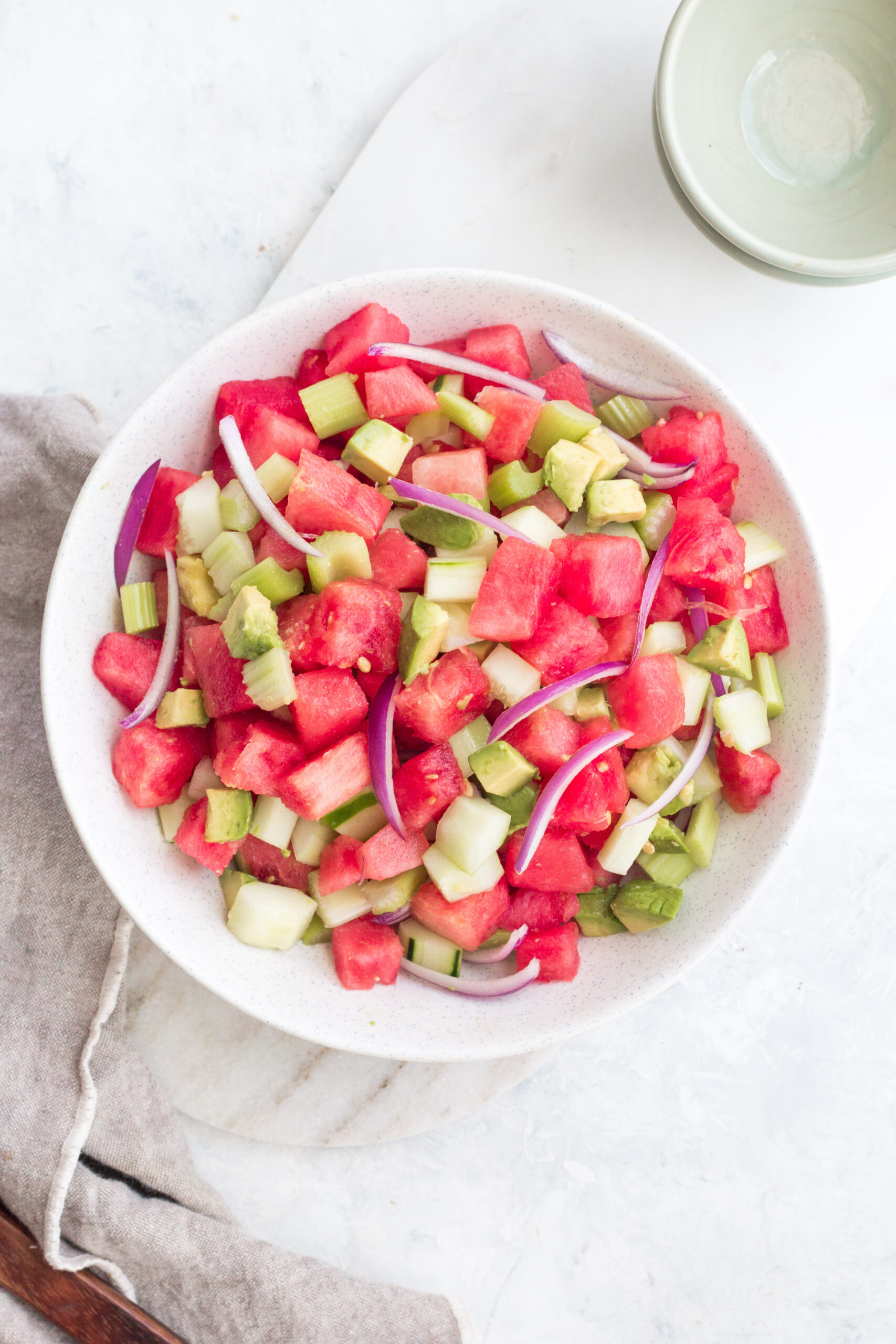
Do you ever feel sluggish or run down? Have heartburn and tummy troubles become unwelcome daily companions?
When our digestive system isn’t working properly, it’s our body’s way of telling us something is off balance. Making small shifts in eating habits and managing stress can be the keys that allow your body to do its business properly.
Some of the signs of digestive distress can include, but are not limited to:
- Heartburn
- Frequent stomach ache
- Burping
- Gas after a meal
- Constipation
- Acne (adult and teen)
A working digestive system is one of the most important components to optimum health and wellness. Asking yourself some important questions can pinpoint the underlying issue that may be causing digestive distress.
These questions may help illuminate the sources of your symptoms:
- Do my symptoms occur right after I eat a meal?
- What did I eat that may have led to bloating and constipation, and did this reaction happen the last time I ate the same food?
- Am I under more stress than I have been over the past month? How am I managing this stressful situation?
- Have I been eating enough fruits and vegetables?
- Am I eating too many fruits and vegetables?
- Did I eat my meal too fast?
Sometimes it’s useful to create a journal for tracking signs and symptoms as they occur. Over time, you may identify patterns. For example, you may notice that every time you eat yogurt you cramp and feel bloated, which may be indicative of a potential lactose intolerance.
There are a number of potential causes for digestive imbalance:
- Low stomach acid
- Stress
- Food sensitivities/intolerances
- Fiber (too much or too little)
- Candida (yeast) overgrowth
- IBS (irritable bowel syndrome)
- SIBO (small intestinal overgrowth)
- Starchy foods
To establish long-term solutions for any digestive imbalance (and thereby achieve optimum health and wellbeing), I suggest making a plan!
I recommend inoculating your gut with healthy bacteria, and then introducing healthy foods that promote optimum digestion. While these are general recommendations, there may also be underlying issues that need to be addressed individually, which can be done in one-on-one sessions.
Here are seven general guidelines for optimal gut function:
Fluids:
Proper hydration is the key to optimum digestion, as fluids help facilitate the movement of food through the digestive tract. We lose water through exercise, activities, and metabolism. If that water is not replenished appropriately, the body will dip into stored fluids. The Institute of Medicine recommends a daily water intake of 91 ounces for women, and 125 ounces for men. This includes water from our food.
Hydrating with water, as opposed to other fluids, is usually best. Sports drinks and juices often contain excess sugar. Other commonly consumed fluids like coffee, many teas, and alcohol, are diuretics and have a dehydrating effect. So to restore those fluids, think – water, water, water!
Exercise:
Activity is key to reducing stress, improving health, and mitigating digestive issues. Of course regular exercise is important for many reasons, but in terms of digestion, exercise stimulates regular contractions of the intestines, which helps food move through your digestive system more smoothly.
Bone Broth:
Your digestive solution may lie in the bones and cartilage of a chicken. Homemade broths are nutrient dense and can help reestablish optimum digestive health. When consumed on a regular basis, they have been shown to reduce silent inflammation, as well as promote gut healing and sealing.
In those cracks and crevices, you can find many salubrious compounds, such as collagen, calcium, phosphorous, magnesium, sulfur, sodium, glucosamine, chondroitin sulfates, keratin sulfates, and hyaluronic acid.
Homemade chicken broth also has medicinal properties that help fight cold and flu infections. This remedy contains cysteine, an amino acid that thins the mucus in your lungs, making it easier for your body to expel the gunk.
Some of the medicinal properties of bone broth include:
- Fights infections such as a cold or flu
- Reduces inflammation
- Produces beautiful skin and hair
- Improves sleep
- Repairs gut health
- Alleviates adrenal fatigue
- Assuages muscle cramps and spasms
- Mitigates malabsorption issues
Fermented Foods:
Fermented foods undergo a process called lacto-fermentation, wherein bacteria feed on sugars (glucose, fructose, and sucrose) and convert them into cellular energy, the byproduct of which is lactic acid. This compound acts as a natural preservative, creates beneficial enzymes, b-vitamins (especially b-12, which is primarily derived from animals), omega-3 fatty acids, digestive enzymes, and other probiotic strains, as well as works to reduce the overall sugar content of the food.
Creating and maintaining a healthy gut flora is critical for digestive health. Fermented foods make for a happy belly because they offer probiotics that promote the growth of friendly bacteria like Lactobacillus, and Bifidobacterium, both of which facilitate digestion, improve immunity, eliminate toxins, and breakdown undigested material. These food friendly microbes produce lactic acid and hydrogen peroxide, which regulate gut pH. The chemical climate of your gut is important, because a shift in gut pH can create favorable conditions for bad microbes to take over.
Antibiotic medications and environmental toxins deplete our guts of the food-friendly microbes we need to maintain a properly functioning digestive tract. Eating fermented foods like kefir and certain yogurts can help restore and balance the natural micro biome, which makes for a happy life for you – and for the bacteria that call you home.
Coconut Oil:
https://nourishinglab.com/healthy-fat/
This “wonder oil” is antimicrobial and anti-inflammatory. It is primarily made up of medium chain fatty acids that do not require bile for digestion, so they head right to the liver, thus improving nutrient absorption. Coconut oil’s antimicrobial and anti-inflammatory properties are a great solution to those with silent inflammation and poor gut flora.
Fiber Rich Veggies:
https://nourishinglab.com/meal-prep-hacks-how-to-save-time-and-stay-healthy/
Plant foods are an excellent source of vitamins, minerals, and fiber. Fiber provides softening and bulking of the stool to prevent constipation, but also reduces symptoms of IBS (irritable bowel syndrome).
Chia Seeds:
Do not underestimate the power of these little seeds. They are high in fiber, omega-3 fatty acids, calcium, magnesium, manganese, and phosphorous. They are also loaded with antioxidants that fight free radicals. Free radicals are rogue electrons that can damage cells and contribute to aging and cancer.
Chia seeds are extremely rich in fiber – 10 ounces yields 10 grams – and they can capture up to 12 times their weight in water. This results in a gel like substance that expands in your stomach, keeping you fuller longer and slowing the absorption of food. Anything that contributes to slower food absorption helps minimize peaks and crashes in blood sugar. Lastly, the fiber in chia seeds also feeds the beneficial bacteria in your gut, thus promoting a healthy biome

Share this blog post
You may also like






